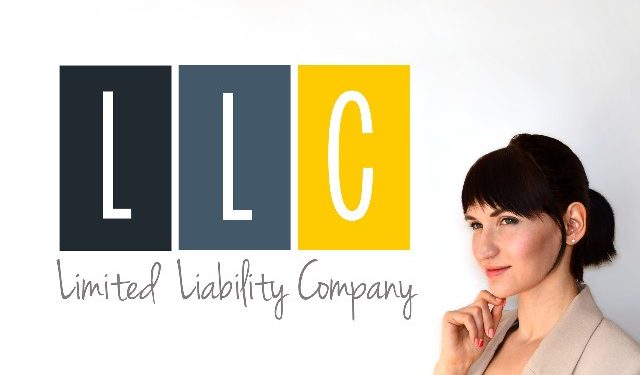Are you considering starting a small business of your own?
If you’re the owner of a small business, you know how difficult it can be to pay business taxes. This is why many small business owners choose to incorporate.
LLCs have proven to be popular recently. In more generic terms, LLC stands for “Limited Liability Corporation.” It is a type of business that provides limited personal liability for its owners which means that the owners are not liable for debts accrued by the company.
In this article, let’s take a look at the tax benefits of an LLC.
Pass-Through Taxation
An LLC is a business structure that can offer significant tax benefits. One of the biggest advantages is passthrough taxation.
This means that the LLC itself is not taxed on its profits. Instead, the taxes are passed through to the individual owners of the LLC. This can lead to significant tax savings for the business.
Reduce Self-Employment Taxes
An LLC allows business owners to take advantage of reduced self-employment taxes. This is because it is not subject to the same tax rules as sole proprietorships and partnerships. As a result, business owners can save a significant amount of money on their taxes.
Increased Flexibility in Tax Planning
An LLC offers greater flexibility when it comes to tax planning. This is because it can choose to be taxed as a corporation, partnership, or sole proprietor.
This means that it can choose to have its income be taxed at a corporate rate or the personal rate. This can be a significant advantage for businesses that have a high income.
Protection of Personal Assets
One of the most important tax benefits of an LLC is the protection of personal assets. LLCs shield their owners from personal liability for business debts and obligations. This means that if it goes bankrupt, the owners’ personal assets are protected from seizure.
This is a major advantage over other business structures, such as sole proprietorships and partnerships, which offer no such asset protection resources. LLC owners also have the option of electing corporate tax, which can provide significant tax advantages.
Ability to Choose Your Tax Year
Different businesses have different tax years. Some have a tax year that coincides with the calendar year, while others may have a fiscal year that ends on the last day of a month other than December.
If you form an LLC, you have the flexibility to choose the tax year that makes the most sense for your business. This can be a calendar year, a fiscal year, or even a short tax year.
Now You Know the Tax Benefits of an LLC
If you are considering starting an LLC, it’s important to be aware of the potential tax benefits that come along with this type of business structure. Consult with a tax professional to learn more about how the tax benefits of an LLC can help you protect your business.
Make the most of your business by keeping up with new tax information and other business-related facts. For all the newest and latest business updates, visit our blog today!






























